Remember when life wasn’t wrapped in single use plastic? Reuse isn’t new. The majority of the world’s countries have a very long tradition of having reuse and refill systems in place. Plastics, on the other hand, are new. More plastics have been made over the past two decades than during the second half of the 20th century. Disposable plastic is a recent human invention and, fuelled by corporate greed, it has unfortunately become the norm.
Big brands like Nestlé and Unilever, along with Coca Cola and PepsiCo dismantled long-standing traditions of reuse and refill by exploiting what they saw as business opportunities in emerging markets. Through the rise of consumerism, petrochemical and plastic polluters fuelled the throwaway culture since the 1960s by normalising the disposability of plastic, replacing refillables and reusables with their single-use counterparts.
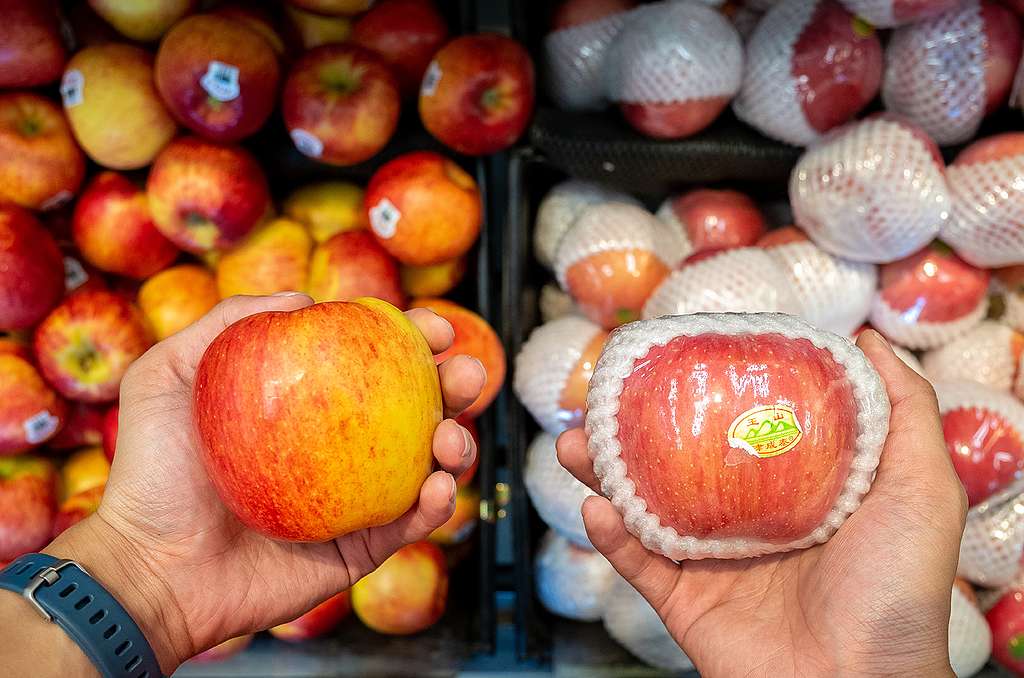
Corporations must be held accountable and must change their business model away from single-use, and towards reuse and refill. Of course our individual actions matter, as we hold the power with our buying behaviour, but the entire system needs changing.
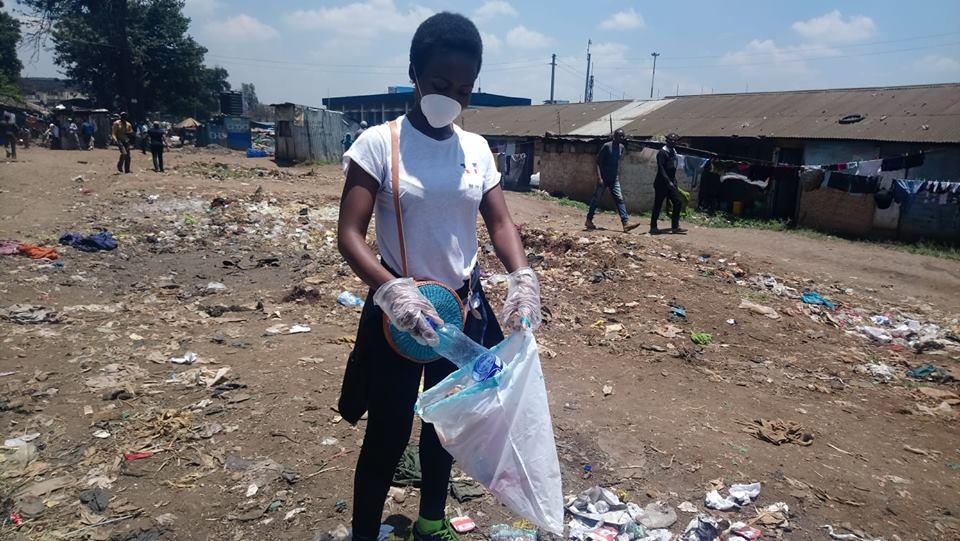
Fortunately, when it comes to reuse and refill, there’s no need for governments and corporations to reinvent the wheel. Global South countries have numerous sustainable approaches as sources of innovation and learning.
For example, India has been using the Dabbawalla food delivery system for decades as well as serving street food in reusable metal cups and plates called a thali, for thousands of people a day in some Sikh temples through the daily community kitchen offering. We have seen a number of legislations on the African continent that ban single-use plastic items, fostering a reuse movement and innovative refill solutions. In Latin America, Chile recently passed a regulation in which refillables must be encouraged and promoted, along with mandating the sale of returnable bottles. We can also acknowledge that Coca-Cola has been selling returnable & refillable bottles in Brazil with enormous success since 2018.
Some Asia Pacific countries have also been paving the path towards a reusable future. In the Philippines we have a rising Zero Waste movement and abundance of so called Wala-Usik stores that are transforming the community sari-sari stores, where usually, the single-use sachet is king in their tingi culture. Wala-Usik being a phrase that pre-dates the modern-day zero-waste movement, meaning “nothing wasted” in the Bisaya language.
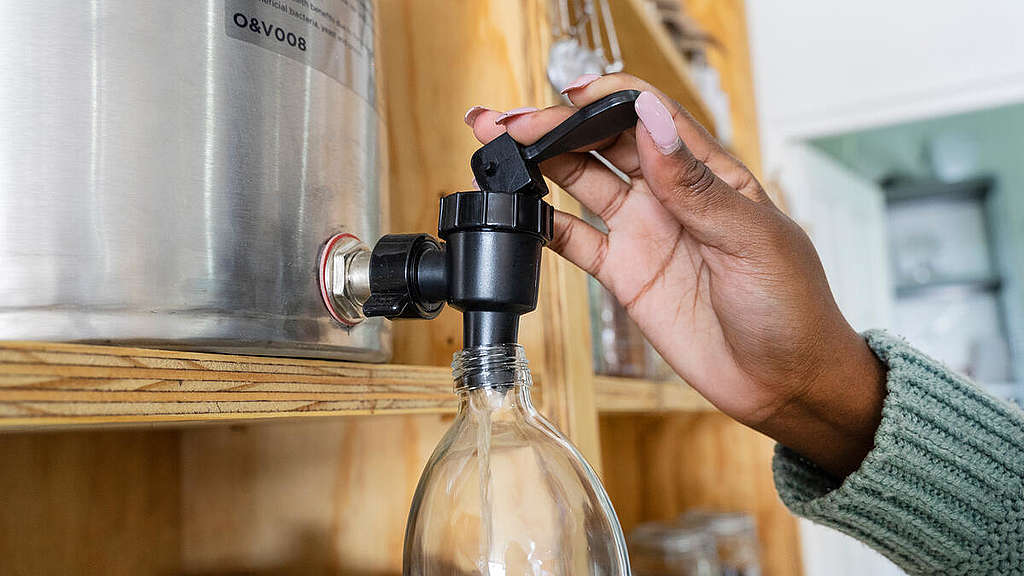
Sustainable models in Global South countries are leading the way towards a reuse revolution with both their traditional reuse and refill systems, and their modern equivalents. Below we meet some of the people behind this beautiful and diverse movement full of leaders, learners, and collaborators.
1. Join The Pipe, Kenya
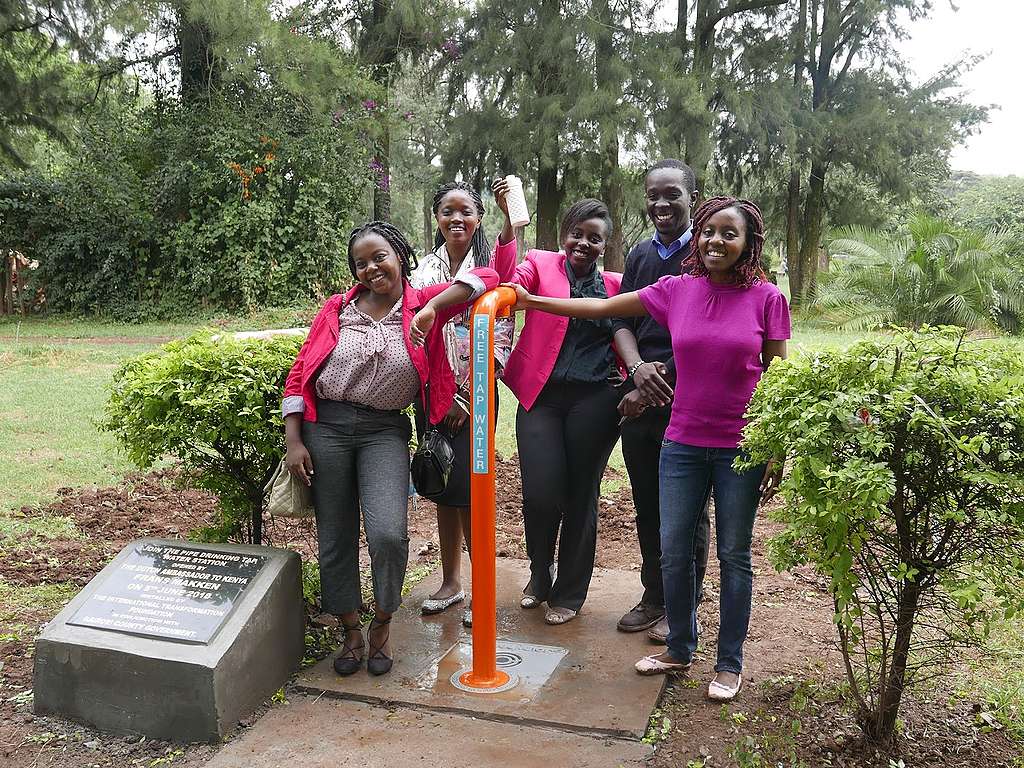
| The Kenyan government recently joined the list of countries like Rwanda that banned (select) single-use plastic. Although this is a show of political will, our countries are far behind in political commitment, considering the level of priority given to inherent plastic waste contributors. The lack of access to clean drinking water that forces people to consume and throw away single-use plastic bottled water is just the beginning of the plastic problem. Given our cities’ inadequate waste management provisions, banning plastic in a country without equitable access to clean drinking water, human’s basic need and fundamental right, does not really solve anything. There needs to be a collective, binding commitment from our government and corporations, especially those in the bottled water industry, to make drinking water easily accessible and encourage people to use reusable bottles refilled from sustainable refill stations. This is crucial for cleaner and healthier communities and a livable planet for us all. Voluntary guidelines, dependent on the goodwill of individuals in power driven by short-term profits, simply won’t do the job. |
2. Mottainai Refill, Colombia
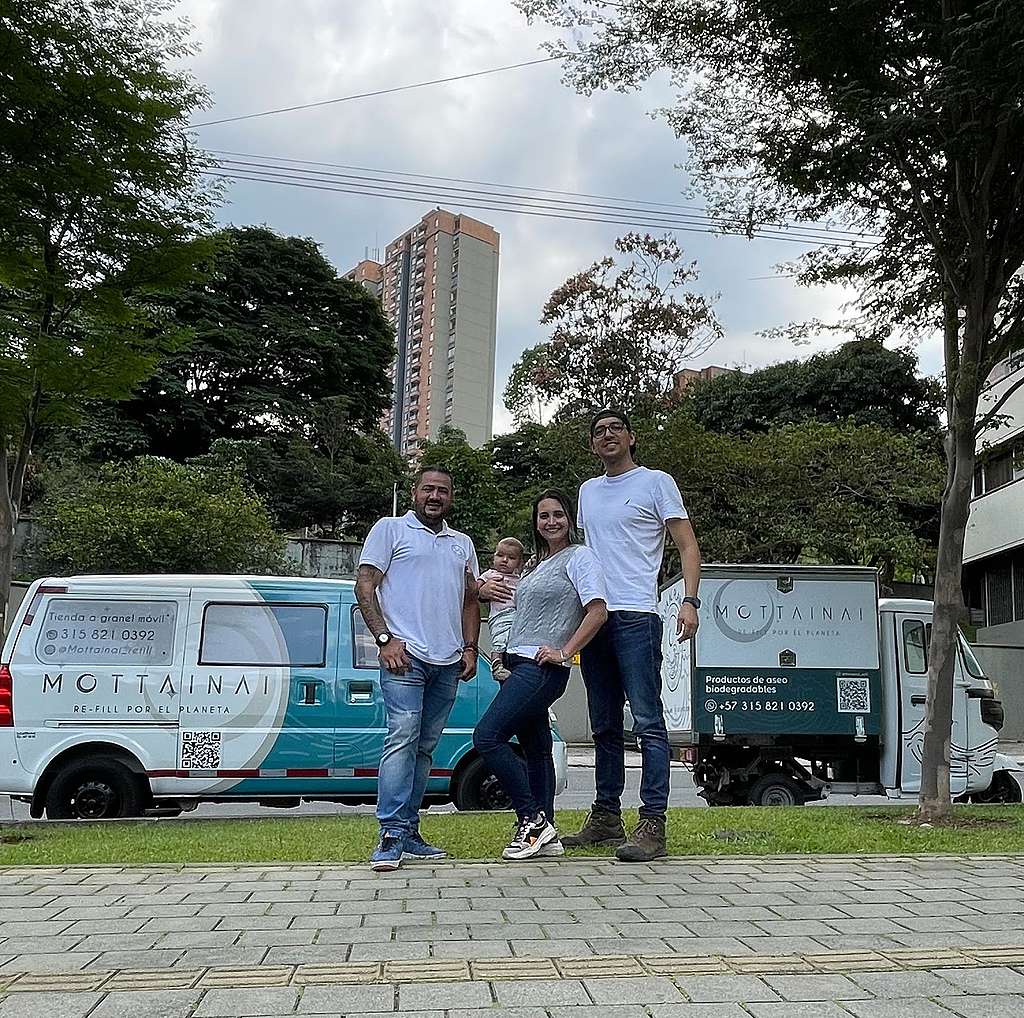
| Mottainai is a startup in Colombia whose mission is to contribute to reducing the use of single-use plastic. Our main activity consists of refilling household and personal hygiene products. This enables households to reuse plastic containers that can last for many years and simply fill them with the product and pay for the weight as needed. The idea of reuse & refill is important for us in Colombia because if more and more homes join the refill culture, it will have a positive impact on the planet and the reduction of solid waste that reaches the landfill, our oceans and to the ecosystem. Here in Colombia, we need legislation that supports the refill model so it can be scaled and be more successful. Currently, the refill system is not regulated by government entities and this makes it more difficult for entrepreneurs to adopt it in order to have greater reach with the public. Education and awareness raising is needed too, with talks about sustainable models for the community so that people understand the concept of refill and how its implementation can really have a positive impact on the planet. In Spanish we say the best managed waste is the one that is not generated at all and that’s exactly what we want to achieve by scaling up the refill of cleaning products in Colombia. |
3. Tapauware, Malaysia
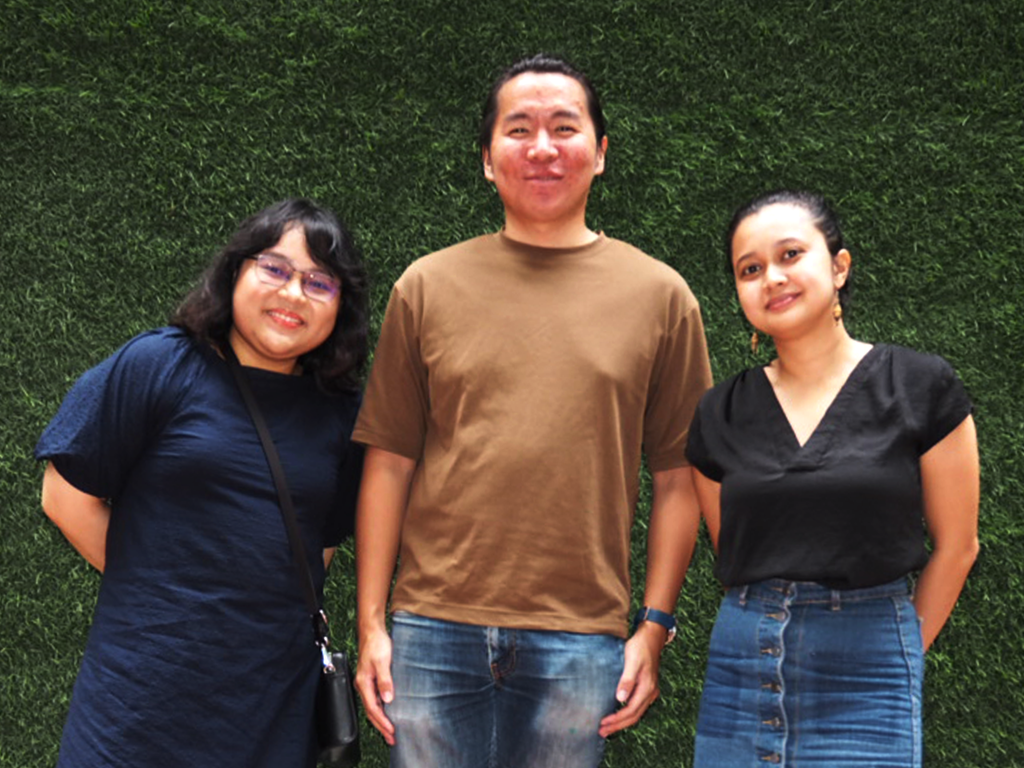
| Our brand Tapauware, aims to be a pioneer in circular economy and better alternatives, such as reusable containers, within the food packaging industry in Malaysia. Customers can order food online as per usual, get their food delivered in a Tapauware, and after enjoying their meals, drop off their used containers in our drop off points. Some challenges we face definitely lie in Malaysian daily habits as Tapauware’s model is highly dependent on people’s efforts to reuse and return back the containers. The idea of our model is also quite new, and locals are not yet entirely convinced with the system. This also deters big brands from implementing a reuse and refill system as there is no definite framework yet and it is harder and harder for them to shift their operations to an unpredictable model like ours. Meanwhile, plastic pollution continues to spill from overloaded landfills and is a leading cause of some of the worst flash floods Malaysia has seen, as well as threatening our ocean health and marine life. With that in mind, our team at Tapauware strives to continue exploring reusable and refillable alternative models, for the good of our environment and people. With extensive coastlines and rich biodiversity here in Malaysia, plastic pollution is a serious and growing problem. To solve this, we know that it is important to prevent plastic waste at its source. To succeed in the reuse and refill system, we believe that government support can play a tremendous role in providing opportunities for us – by incentivising reusable options and discouraging single-plastic use. |
4. Glassia, Vietnam
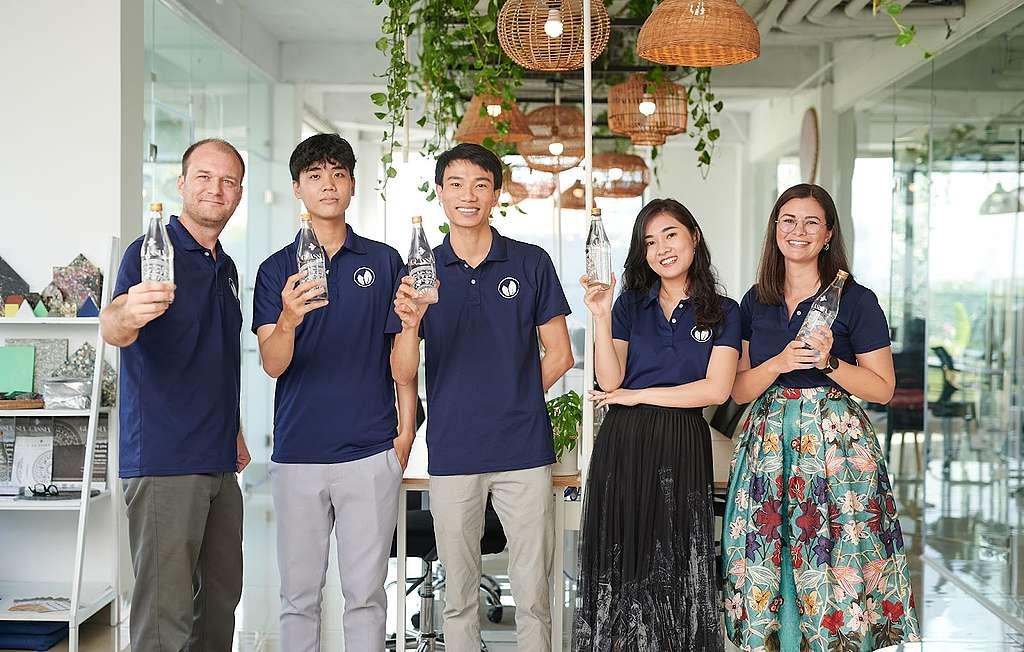
| Vietnam is one of the world’s leading emerging markets, but this growth will come at the expense of our planet if ‘upstream innovation’ is not incorporated immediately. Our Vietnam-based upstream innovation, Glassia, is a decentralised glass water bottling model that transforms the linear value chain into a circular, plastic-free system. We provide high-quality drinking water in reusable packaging, and deliver and re-collect the bottles locally. This reduces costs and enables businesses to transition to reuse models. Our Danang facility has the capacity to fill 1 million bottles, and we plan to scale this model country-wide, setting up the next facility in Ho Chi Minh City in 2022. With limited reuse & refill solutions in Vietnam, there is an opportunity for businesses like ours to become pioneers in this sector. However, upstream startups have to deal with operational challenges such as expensive logistics and limited engagement from corporations. While corporate adoption of circular models can be slow, innovators are actively building circular economy concepts directly into their products and services. With a 2,000-mile coastline in Vietnam and reliance on major economic sectors like tourism and fisheries, increased use of single-use plastics and waste pollution seriously affect our country’s economic development. The impact of polluted water alone on human health causes an estimated 3.5% loss in GDP each year. It’s important that transition to a circular economy, particularly reuse/refill models, is prioritised in the next stage of Vietnam’s development. |
5. Shop Zero, South Africa
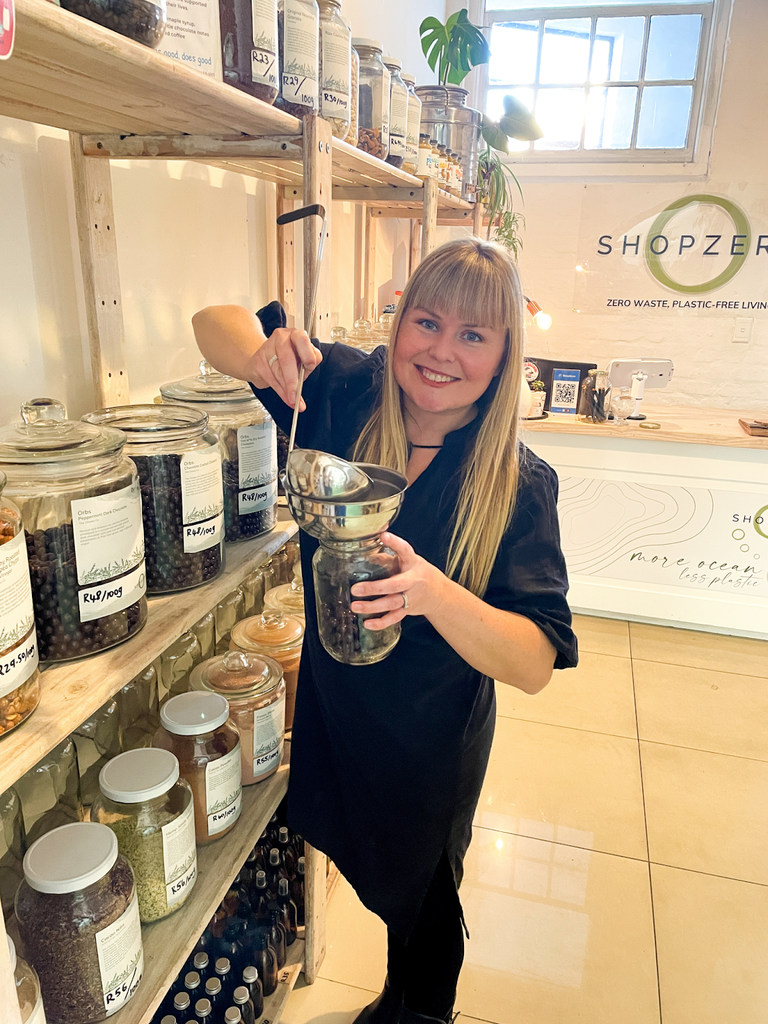
| Many people are unfamiliar with the circular economy, but more people must demand better. We can have a larger impact if we influence corporations to change. Big businesses have big budgets, but they also have the most waste streams to clean up, so we expect them to spend the money to research better options and lead the way for this switch. Avoiding plastics is not possible for everyone, and the perceived burden of pollution is often put on the less privileged. We cannot expect people who are barely making ends meet to choose to spend more money on environmentally friendly products. Governments, manufacturers, and corporations must change the system so that everyone can afford to make changes. All our products at Shop Zero are available online and at our walk-in space. There’s something here for everyone! We make use of our space for education as often as possible, assisting in connecting people who want a greener lifestyle. Our desire to educate is reflected in our product selections; for example, many people are unaware that tea bags contain plastic, so our loose-leaf tea is a great conversation starter. Unnecessary packaging and disposable items have turned us into a careless society, disconnected from the well-being of our planet. It seems easier to throw things away and buy more, rather than rethink our choices. But at what cost? Earth’s future and our own with it? |
The Living Landscape of Reusable Solutions database provides more insight into various projects, organisations and initiatives. If you know of any more initiatives that focus on reusable & refillable solutions, reach out to [email protected]
The businesses listed are not specifically endorsed by Greenpeace but offer examples that illustrate the fight against the global plastic waste crisis and the move towards reuse & refill systems.
Caroline Wagner is the Global Coordinator for the Plastic Free Future campaign at Greenpeace USA.

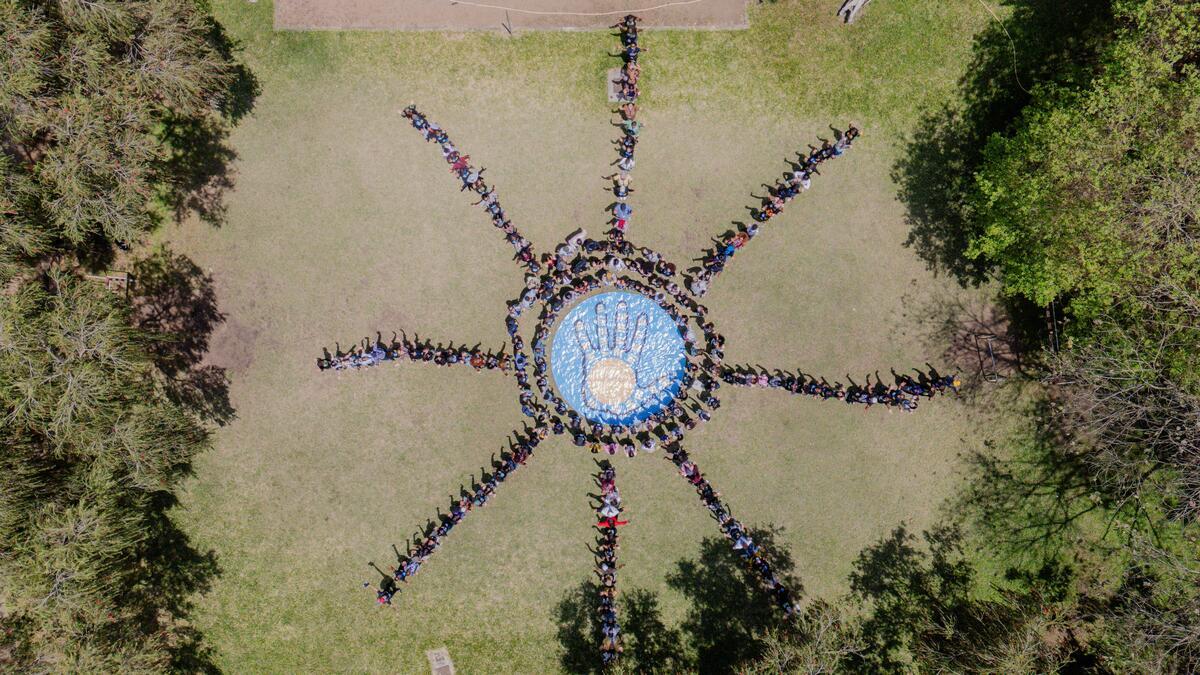
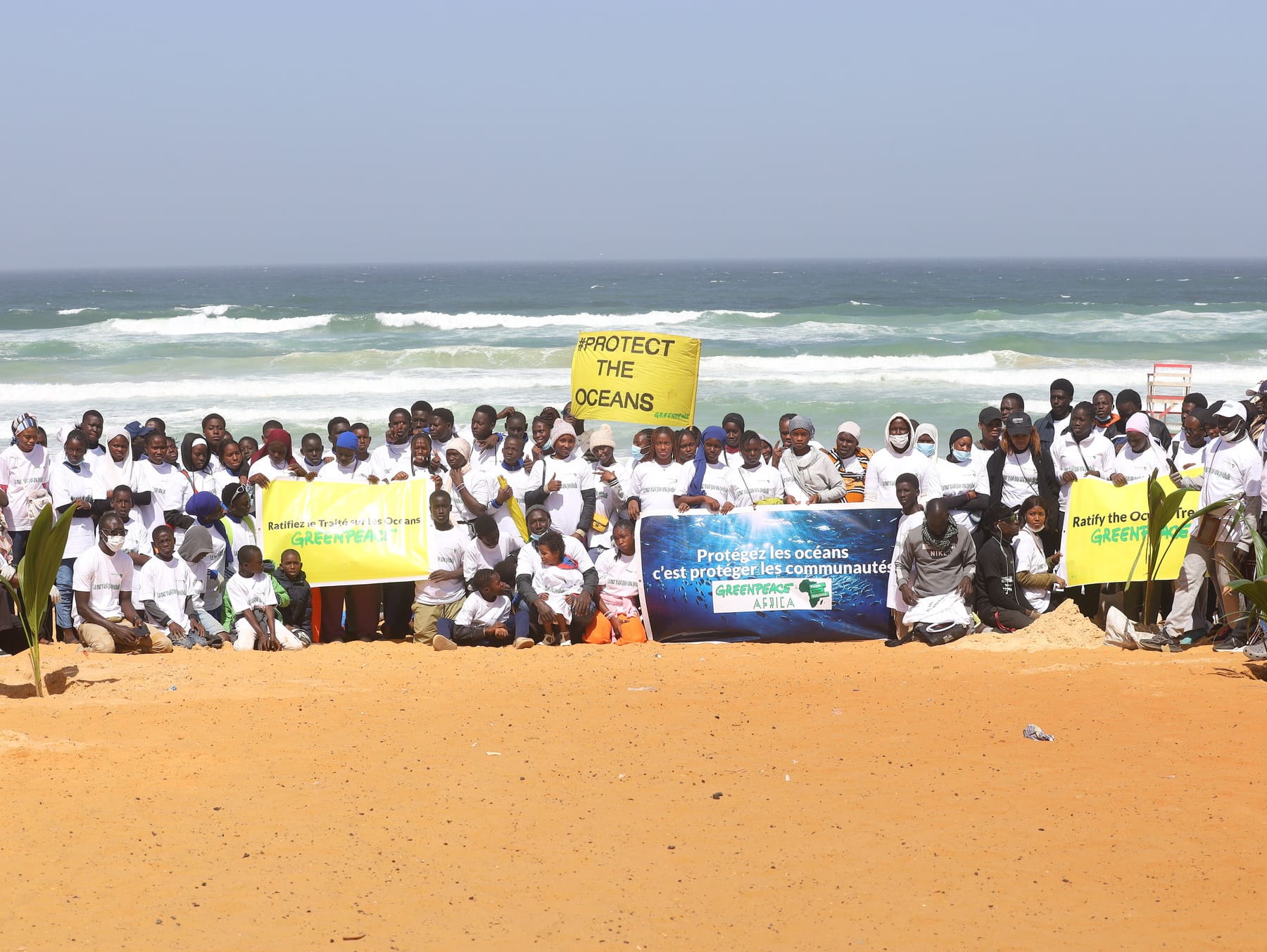
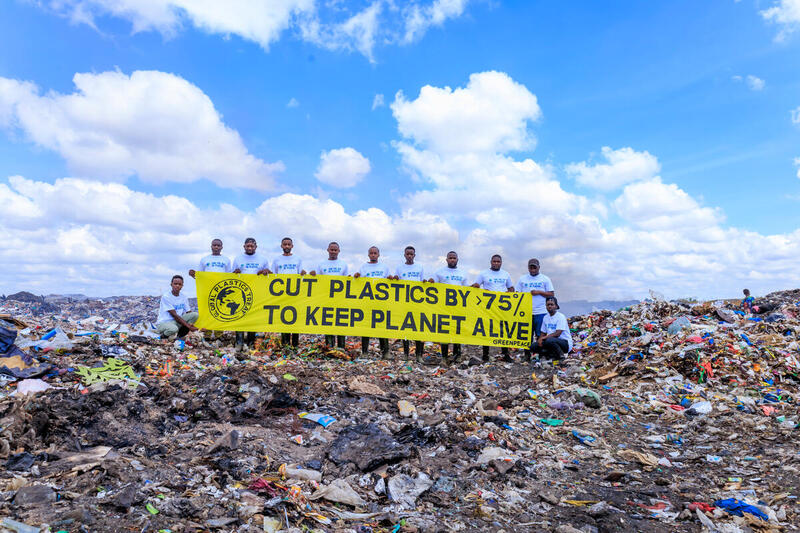
Discussion
Make it green!!!
Thank you for your comments.
Stop use plastic
Thank you for your support.
I support the reuse of them
Great initiative 🙌.
I am Amb Ky Tidiane from Burkina Faso preciously in Ouagadougou and I work as National Coordinator in many structures and organizations (IOUNV and Association ABIMA). I send you this note for asking to représente your organization Greenpeace in Burkina Faso preciously in Ouagadougou. So, I am able to work with you in partnership for sharing experiences and knowledge in domain of Environment and Climate change because that's a question very crucial currently.
Thank you for reaching us. Kindly send us your request to [email protected].